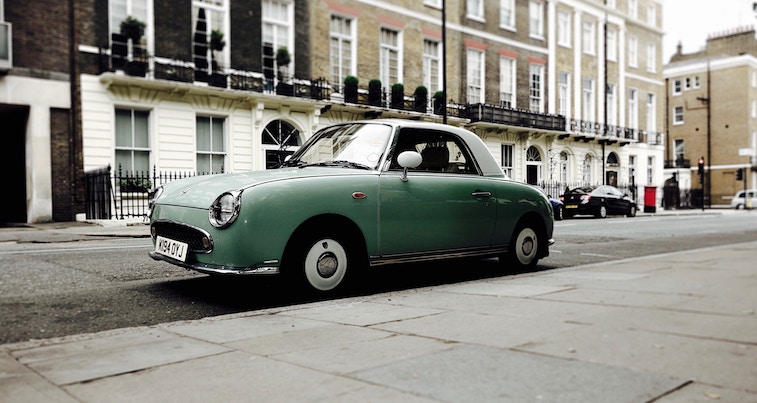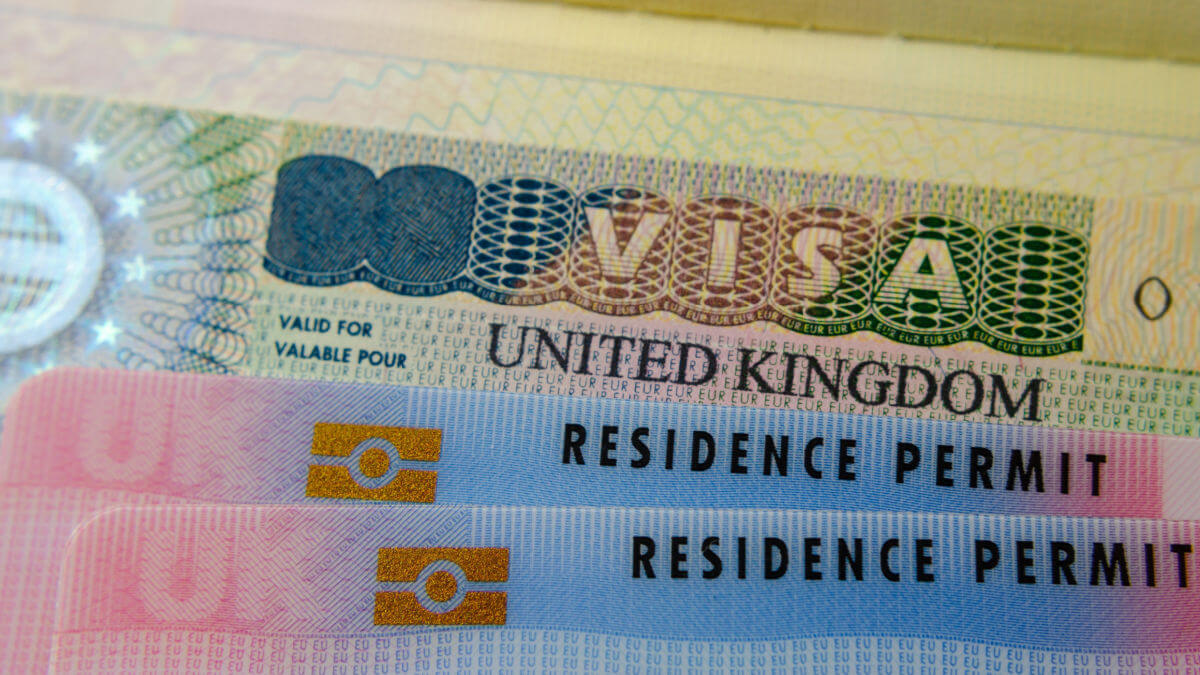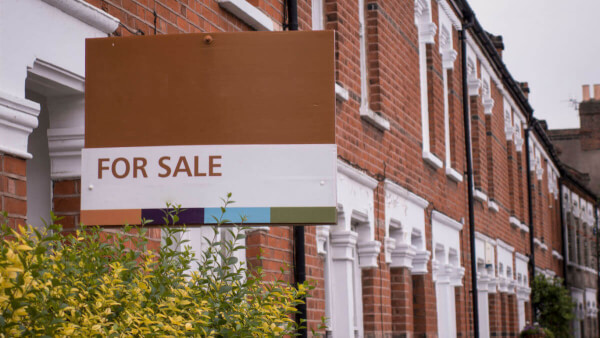Cheapest Universities in the UK for international students
Getting into a university in the United Kingdom has long been an aspiration for international students due to their world-class, top-notch excellence. There’s...

Have you moved to the UK? Here’s the definitive guide to all the things you wish you'd known before you landed.
Written by Emma Lunn, a freelance journalist from London. Emma writes regularly for UK publications including The Guardian, The Daily Telegraph, The Mail on Sunday, Moneyweek and Moneywise.
The first thing to remember about your move to the UK is that you won’t be alone. The most recent figures show about one in 10 people living in the UK are foreign citizens. What’s the big attraction? Opportunities, history and freedom, to name a few.
But before you pack your bags for the little island with big ideas, it’s a good idea to read up on everything from the lingo to the lager. Here are five tips on adjusting to British life.
The weather

Ah, the weather. Can’t avoid it, can’t stop talking about it. If you’re stuck for something to say when trying to make English friends, weather-based small talk is always a good bet.
As a rough guide, it gets colder up north than in the south, and snow is not uncommon in winter. “Cold snaps” are worthy of newspaper headlines despite being an annual event.
Unfortunately, trains often stop running due to snow, rain, heat and the infamous “leaves on the line” (caused by entirely predictable seasonal weather).
Bring an umbrella and a warm coat, that’s all you need to know.
Mind your manners

Brits love to apologise, so get used to saying sorry – even if something is not your fault or no offence has been caused.
A typical conversation might go something like: “Sorry, are you in the queue?” “No, sorry,” “OK, sorry.”
Brits love to queue (or “wait in line”). You’ll cause unanimous disgruntlement – a chorus of tutting – if you try to jump the queue.
The London Underground has its own set of unwritten rules. On the tube’s 426 escalators it’s customary to stand on the right and walk on the left. Expect more tutting if you get it wrong. It’s also against established etiquette to strike up a conversation with anyone on the tube – most people stare at their phone even though they’re unlikely to have any reception.
The pub

There’s one exception to the queuing rule: the great British pub. Here you don’t queue – you just need to catch the bar person’s eye to get served next.
The pub is the UK’s focal point for social contact. Meeting a friend? Go to the pub. Got a date? Pub. Had a good day at work? Head to the pub to celebrate. Has everything gone wrong? Time to drown your sorrows in, guess where, the pub.
Pub etiquette dictates people take it in turns to “get a round in” – i.e. buy a drink for everyone in their group, rather than just buying one for themselves. This can be tricky if you’re on a limited budget or only plan to stay for one drink.
If you leave, you’ll miss the good-natured ribbing that happens between friends. Teasing someone, or “banter”, is a sign of affection and shouldn’t cause offence.
Getting around

There's more to the UK than just London although the capital is undoubtedly the star attraction.
Just about everywhere else is cheaper, both to live and to buy a pint (the measure in which draft drinks are served).
Outdooraholics should head to the Lake District in Cumbria. The Lake District has 16 lakes (a fact that could come in handy at a trivia night or “pub quiz”) and is home to England’s highest point, Scafell Pike. Beach lovers should take a trip to Devon and Cornwall in the South West, or the Gower Peninsula in Wales.
If you don’t have a car, plan trips around the UK well in advance as walk-up train fares can be expensive. If you have a car, remember we drive on the left, cyclists have equal rights to drivers, and exceeding the alcohol limit (35 milligrams per 100 millilitres of breath) is socially unacceptable.
Getting your finances sorted

How expensive you find the UK will depend on what you’re comparing it to and where in the UK you live.
London rents can be extortionate and romcoms such as Notting Hill and Bridget Jones may have given you false expectations about the type of accommodation affordable on the average salary.
Most newcomers should be able to open a basic bank account (without an overdraft) with one of the main banks. Household bills are usually paid by direct debit which is an electronic payment from your bank account.
Paying bills on time will help improve your credit score which will make your financial life more straightforward in the future.
Send money internationally for less
Sending money to other countries often comes with high fees, especially if you use your bank.
One way to circumvent this is by using Wise. It’s quick to set up, the transfer is typically complete in a fraction of the time it takes with a bank, and it’s much cheaper.
Sign up for your free account and see how much you could save.
*Please see terms of use and product availability for your region or visit Wise fees and pricing for the most up to date pricing and fee information.
This publication is provided for general information purposes and does not constitute legal, tax or other professional advice from Wise Payments Limited or its subsidiaries and its affiliates, and it is not intended as a substitute for obtaining advice from a financial advisor or any other professional.
We make no representations, warranties or guarantees, whether expressed or implied, that the content in the publication is accurate, complete or up to date.

Getting into a university in the United Kingdom has long been an aspiration for international students due to their world-class, top-notch excellence. There’s...

When dreaming about higher education, many students have the United Kingdom in mind due to its prestigious universities and world-class academic programs....

Whether you’re commuting to work, planning a weekend getaway, or embarking on a grand adventure, Trainline offers a convenient and hassle-free way to book...

A guide to the residence permit in the UK, including what it is, who is eligible, how to apply and how much it costs.

Your essential guide to importing a car from the US to the UK, covering the costs, documents and procedures to follow.

Read our essential guide for foreigners buying property in the UK. Learn about fees, taxes, where to find property and a step-by-step guide to the process.